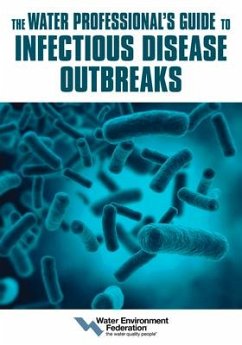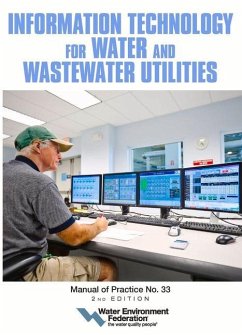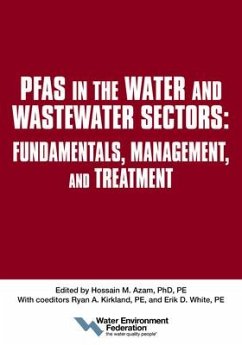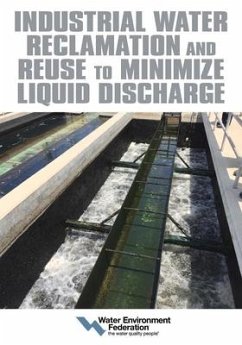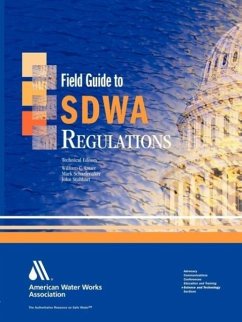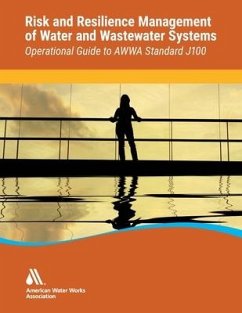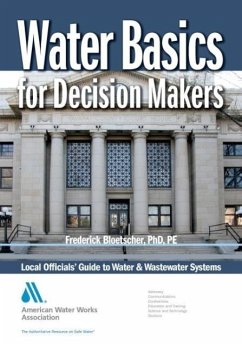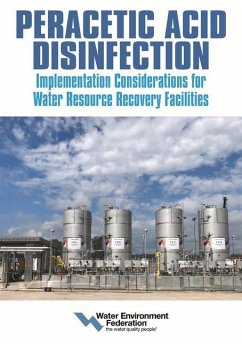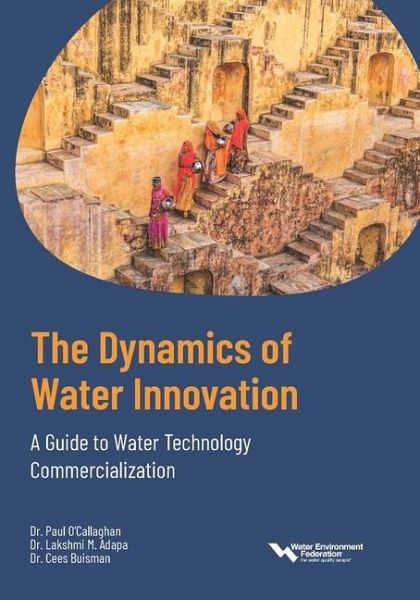
The Dynamics of Water Innovation: A Guide to Water Technology Commercialization
Versandkostenfrei!
Versandfertig in über 4 Wochen
115,99 €
inkl. MwSt.

PAYBACK Punkte
58 °P sammeln!
The Dynamics of Water Innovation is an invaluable resource for individuals and organizations driving the adoption of new technologies in the water sector, including entrepreneurs, investors, technology and innovation leaders, researchers, and academics. The global water crisis means there is an urgent need for the development, introduction, and scaling of water technologies all around the world. Historically the water sector has been perceived as slow to adopt innovation, but little research has been carried out to verify or explain this phenomenon. This book proposes a new water technology ad...
The Dynamics of Water Innovation is an invaluable resource for individuals and organizations driving the adoption of new technologies in the water sector, including entrepreneurs, investors, technology and innovation leaders, researchers, and academics. The global water crisis means there is an urgent need for the development, introduction, and scaling of water technologies all around the world. Historically the water sector has been perceived as slow to adopt innovation, but little research has been carried out to verify or explain this phenomenon. This book proposes a new water technology adoption (WaTA) model created for the unique circumstances of water sector innovation and drawn from existing cross-sector models. The WaTA model includes a practical set of criteria that can be applied in the real world to generate better-informed planning and decision-making for innovators and investors. It gives water innovators a practical and robust method to plan and track developments, which could have a significant impact on perceptions of the pace of change, market confidence, and future outcomes.



